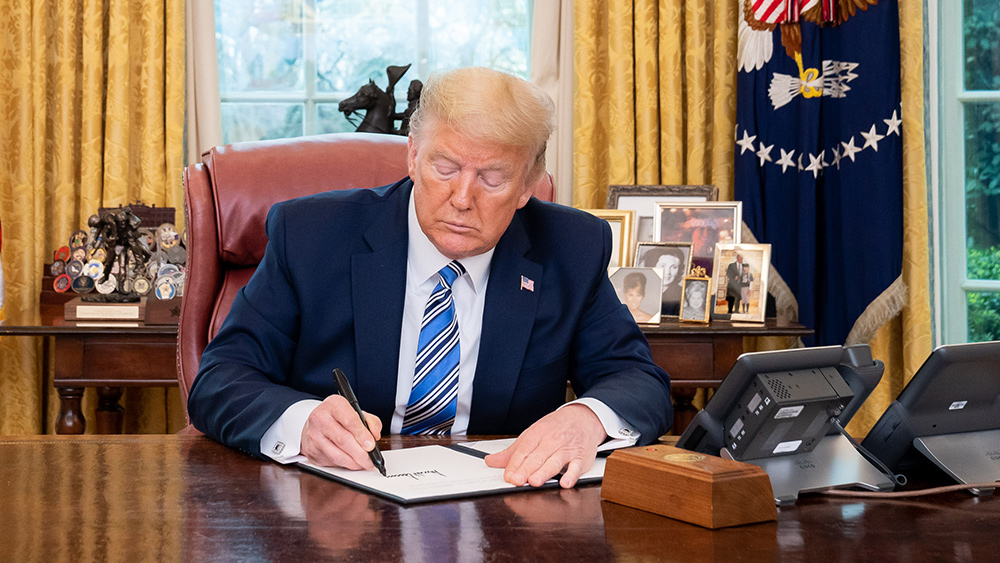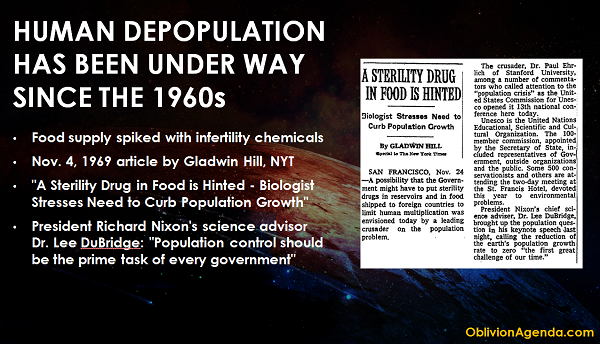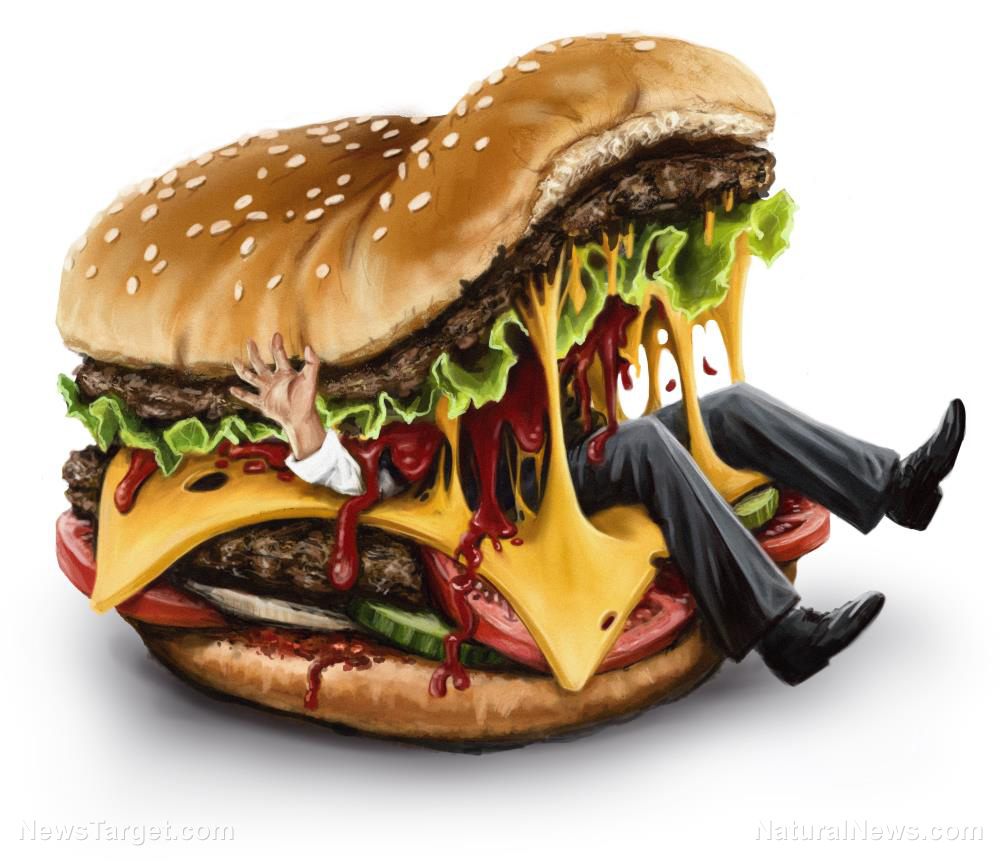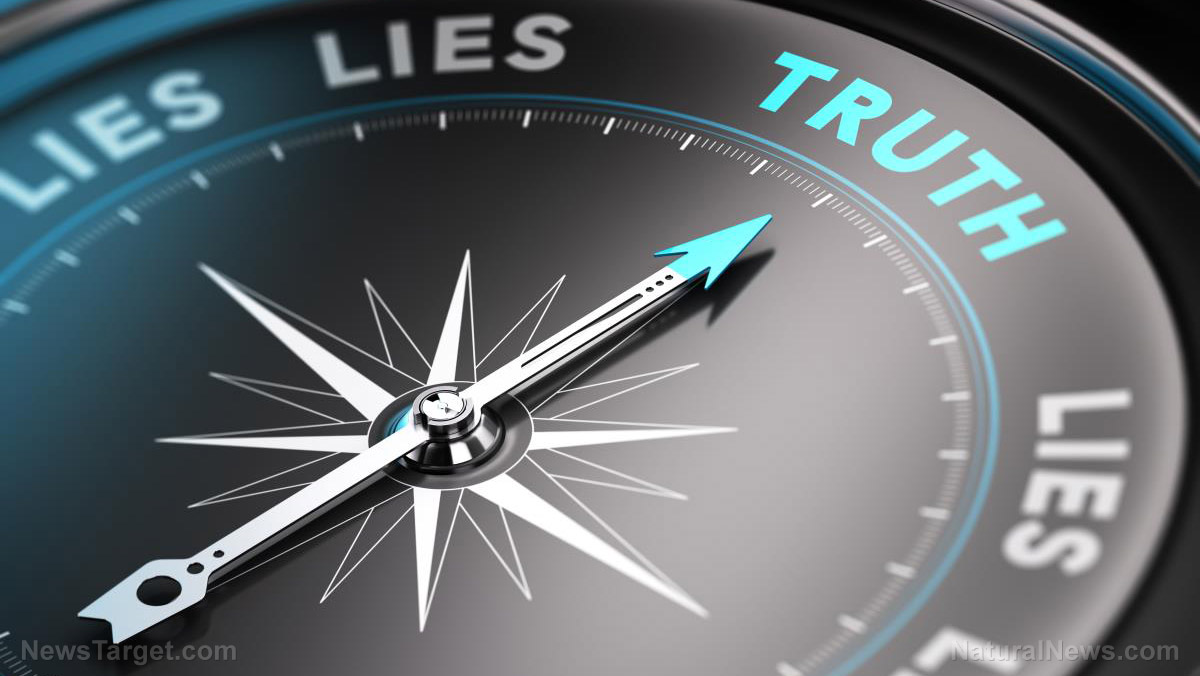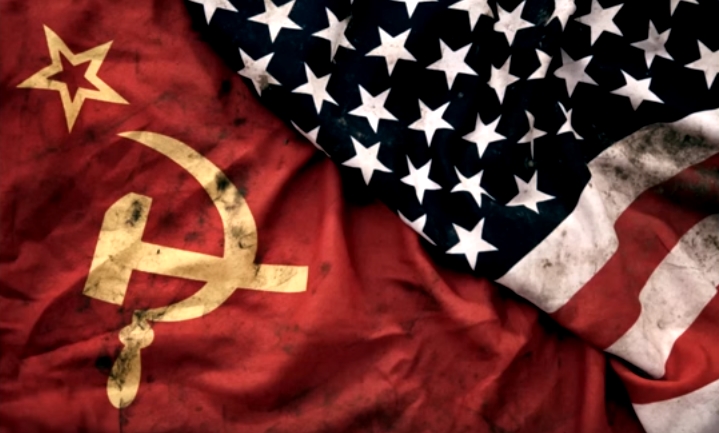CONSPIRACY UNVEILED: How technocracy threatens freedom and liberty
01/16/2025 / By Willow Tohi

- The concept of the New World Order (NWO) and technocracy is described as a movement to centralize global power under a single authority, often dismissed as a “conspiracy theory.”
- The NWO advocates for a global government that would replace national sovereignty and individual liberties with rule by technical experts and elite decision-makers, as seen in the United Nations’ founding principles.
- Technocracy’s reliance on fear-mongering, like during the COVID-19 pandemic, is used to justify increased restrictions on individual freedoms and the erosion of democratic norms.
- The ultimate goal of the NWO is the creation of a one-world government, with historical examples like NAFTA and the EU seen as steps towards this vision.
- The rise of technocracy represents a significant threat to individual freedom and national sovereignty, emphasizing the need for vigilance and resistance to defend democratic principles.
In recent years, the term “conspiracy theory” has become a staple of public discourse, often used to dismiss those who question the motives of powerful institutions. But what if the so-called “conspiracy” is not a theory at all, but a well-documented movement to centralize power under a single global authority? This movement, often referred to as the New World Order (NWO), is driven by a philosophy called technocracy – a system of governance where experts, scientists and technicians rule, bypassing democratic processes and individual freedoms.
New World Order and technocracy: A threat to sovereignty
The New World Order is not a new concept. For over a century, a coalition of intellectuals, industrialists and globalists has sought to create a single world government to address global issues like overpopulation, environmental degradation and trade imbalances. While proponents argue that such a system would bring peace and stability, critics warn that it would come at the cost of national sovereignty and individual liberty.
The United Nations (UN), for example, was founded on the principle of ending war by ending nations. Its World Constitution explicitly states: “The age of nations must end. The governments of the nations have decided to order their separate sovereignties into one government to which they will surrender their arms.” This vision of a global government, while appealing to some, raises alarming questions about the erosion of national autonomy and the rights of individual citizens.
Technocracy, the driving force behind this movement, advocates for rule by technical experts rather than elected representatives. Proponents like Zbigniew Brzezinski, a former National Security Advisor, have described this system as a “technetronic era” where society is dominated by an elite unrestrained by traditional values. In his book *Between Two Ages*, Brzezinski wrote, “The technetronic era involves the gradual appearance of a more controlled society. Such a society would be dominated by an elite, unrestrained by traditional values.”
This vision of governance is fundamentally undemocratic. It replaces the will of the people with the decisions of a select few, who claim to know better. Worse still, it opens the door to the use of advanced technologies, such as artificial intelligence (AI), to enforce compliance and suppress dissent.
Role of fearmongering in consolidating power
One of the most troubling aspects of the technocratic agenda is its reliance on fear-mongering to justify the centralization of power. During the COVID-19 pandemic, we witnessed how crises could be exploited to impose unprecedented restrictions on individual freedoms. Klaus Schwab, founder of the World Economic Forum (WEF), has openly warned that climate change will be the “next big virus,” accompanied by restrictions even more severe than those imposed during the pandemic.
This pattern of disruption followed by restriction is a hallmark of the technocratic playbook. By creating a sense of urgency and fear, elites can justify the expansion of their authority and the erosion of democratic norms. For example, recent warnings about avian flu—with claims that it could kill 52% of the population—have been used to push for mass vaccination campaigns and other measures that prioritize control over individual rights.
The use of apocalyptic rhetoric and veiled threats is not accidental. It is a deliberate strategy to condition the public to accept greater levels of oversight and regulation. As Schwab and other globalists have made clear, their goal is to reshape society according to their vision, with little regard for the values and freedoms that have traditionally defined Western civilization.
Endgame: A one-world government?
The ultimate goal of the technocratic movement is the creation of a one-world government, where nations are reduced to mere regional entities under the control of a global authority. This vision is not confined to the realm of conspiracy theories; it is supported by historical and contemporary evidence.
For instance, the North American Free Trade Agreement (NAFTA) was described by former Secretary of State Henry Kissinger as “the single most creative step towards a New World Order.” Similarly, the European Union (EU) is often seen as a stepping stone toward a United States of Europe, which would serve as a regional component of a larger global government.
Recent developments, such as Donald Trump’s proposal to annex Canada as the 51st state, have reignited concerns about the erosion of national sovereignty. While some dismiss these ideas as political posturing, they align with long-standing plans for regional consolidation. A 1942 map by Maurice Gomberg, for example, envisioned a post-war world divided into regions, with the United States and Canada forming a single entity.
The Club of Rome, a global think tank, has also proposed dividing the world into ten economic and political regions to address global challenges. This vision of a regionalized world order, combined with the rise of digital technologies and AI, brings us closer to the realization of a technocratic global government.
Defending freedom in the face of technocracy
The rise of technocracy represents a profound threat to individual freedom and national sovereignty. By replacing democratic processes with rule by experts and elites, this system undermines the principles of self-governance and personal liberty that have defined Western civilization for centuries.
As we confront the challenges of the 21st century, it is essential to remain vigilant against the encroachment of technocratic ideals. Whether through fear-mongering, regional consolidation, or the use of advanced technologies, the push for a one-world government must be met with resistance. The stakes are too high to surrender our freedoms to an unelected elite.
The choice is clear: Will we defend the values of liberty and democracy, or will we allow ourselves to be ruled by a technocratic regime that prioritizes control over freedom? The answer will determine the future of our civilization.
Sources include:
Submit a correction >>
Tagged Under:
big government, Big Tech, civilization, Collapse, deep state, enslaved, Glitch, globalism, globalists, industrialists, Liberty, national security, one world government, overlords, Technocracy, Tyranny
This article may contain statements that reflect the opinion of the author
RECENT NEWS & ARTICLES
COPYRIGHT © 2017 LIVING FREE NEWS




